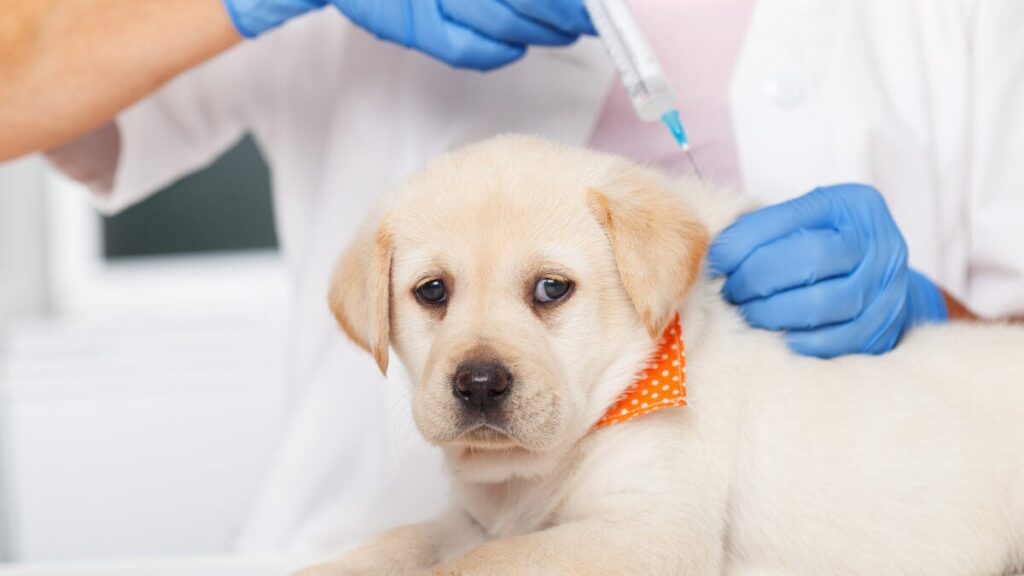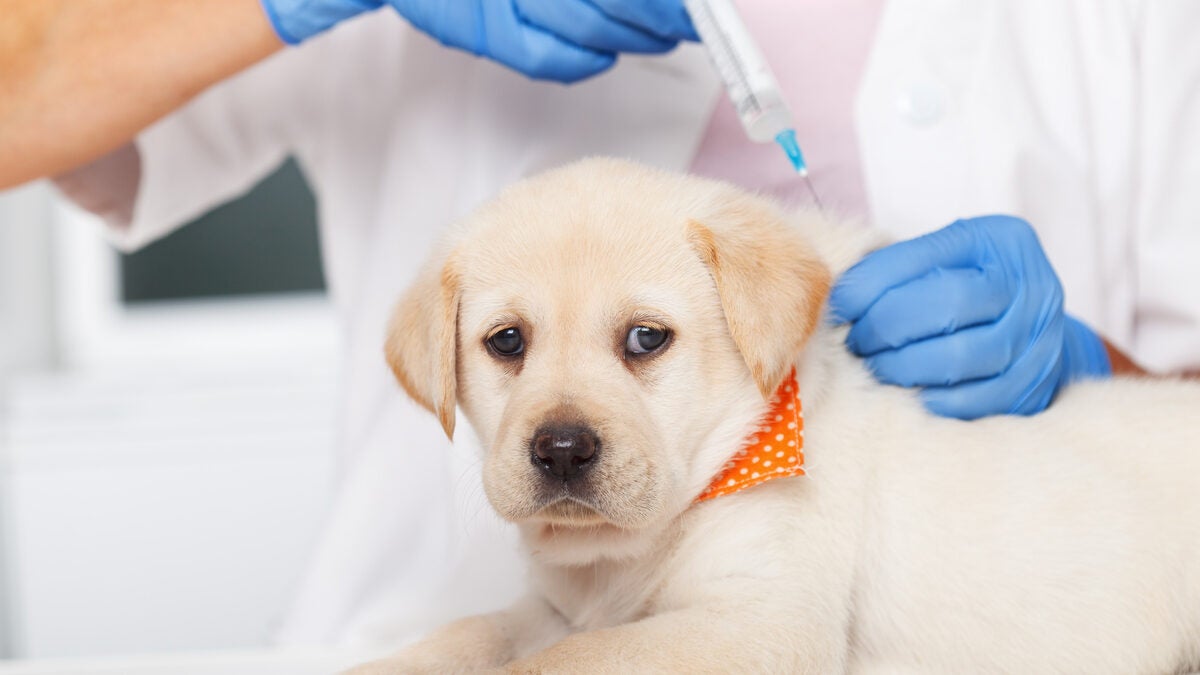
Pet Vaccinations: Protecting Your Furry Friend’s Health
As responsible pet owners, we all want the best for our beloved companions. Ensuring their health and well-being is paramount, and one of the most effective ways to achieve this is through regular pet vaccinations. These vaccinations play a crucial role in preventing a wide range of potentially deadly diseases, safeguarding not only your pet’s health but also contributing to the overall health of the pet population. This article delves into the importance of pet vaccinations, exploring the different types of vaccines available, the recommended vaccination schedules, and addressing common concerns.
Why Are Pet Vaccinations Important?
Pet vaccinations work by stimulating your pet’s immune system to produce antibodies against specific diseases. When your vaccinated pet is exposed to these diseases, their immune system is already primed to fight them off, preventing or significantly reducing the severity of the illness. Without pet vaccinations, your pet is vulnerable to potentially fatal infections. Consider it an investment in preventative care, saving you heartache and potentially significant veterinary bills down the road. Furthermore, some diseases are zoonotic, meaning they can be transmitted from animals to humans. Vaccinating your pet protects not only them but also you and your family.
Core vs. Non-Core Vaccinations
Pet vaccinations are generally categorized into two main types: core and non-core. Core vaccines are considered essential for all pets, regardless of their lifestyle or geographic location. They protect against diseases that are highly contagious, pose a significant health risk, and are often fatal. Non-core vaccines, on the other hand, are recommended based on your pet’s individual risk factors, such as their lifestyle, geographic location, and exposure to other animals.
Core Vaccinations for Dogs
- Rabies: A fatal viral disease that affects the central nervous system. Rabies is zoonotic and required by law in most areas.
- Distemper: A highly contagious viral disease that affects the respiratory, gastrointestinal, and nervous systems.
- Adenovirus (Hepatitis): A viral disease that affects the liver, kidneys, and eyes.
- Parvovirus: A highly contagious viral disease that causes severe gastrointestinal illness.
Core Vaccinations for Cats
- Rabies: As with dogs, rabies is a fatal viral disease and is required by law in many areas.
- Feline Viral Rhinotracheitis (FVR): A highly contagious viral disease that causes upper respiratory infections.
- Feline Calicivirus (FCV): Another highly contagious viral disease that causes upper respiratory infections.
- Feline Panleukopenia (FPV): A highly contagious viral disease that causes severe gastrointestinal illness, also known as feline distemper.
Non-Core Vaccinations
The decision to administer non-core pet vaccinations should be made in consultation with your veterinarian, who can assess your pet’s individual risk factors. Some common non-core vaccines include:
For Dogs:
- Bordetella (Kennel Cough): Recommended for dogs that are frequently boarded, attend dog parks, or are otherwise exposed to other dogs.
- Leptospirosis: A bacterial disease transmitted through contaminated water or soil.
- Lyme Disease: A bacterial disease transmitted by ticks.
- Canine Influenza: A viral disease that causes respiratory illness.
For Cats:
- Feline Leukemia Virus (FeLV): Recommended for cats that spend time outdoors or are exposed to other cats.
- Feline Immunodeficiency Virus (FIV): Recommended for cats at risk of exposure, though vaccination is less common.
- Chlamydophila felis: A bacterial infection that causes conjunctivitis (pink eye).
Vaccination Schedules: When Should My Pet Be Vaccinated?
The recommended vaccination schedule for pet vaccinations varies depending on the vaccine, your pet’s age, and their individual risk factors. Puppies and kittens typically receive a series of vaccinations starting at around 6-8 weeks of age, followed by booster shots every 3-4 weeks until they are approximately 16 weeks old. This is because young animals have immature immune systems and need multiple doses to develop adequate immunity. Adult pets require booster shots at intervals recommended by your veterinarian, typically every 1-3 years, depending on the vaccine.
Your veterinarian will create a personalized vaccination schedule based on your pet’s needs and lifestyle. It’s crucial to follow this schedule closely to ensure your pet receives the necessary protection. Missing or delaying vaccinations can leave your pet vulnerable to disease. [See also: Understanding Your Pet’s Vaccination Schedule]
Addressing Common Concerns About Pet Vaccinations
While pet vaccinations are generally safe and effective, some pet owners have concerns about potential side effects. It’s important to discuss any concerns you have with your veterinarian. The vast majority of pets experience no adverse reactions to vaccinations. Mild side effects, such as soreness at the injection site, lethargy, or a mild fever, are possible but usually resolve within a day or two. Severe allergic reactions are rare but can occur. Your veterinarian is trained to recognize and treat these reactions promptly.
It’s also important to consider the risks of *not* vaccinating your pet. The diseases that pet vaccinations prevent can be deadly, and the consequences of contracting these diseases far outweigh the risk of any potential side effects from the vaccine itself. Some pet owners may be concerned about over-vaccination, but current veterinary guidelines emphasize the importance of tailoring vaccination protocols to each pet’s individual needs and risk factors, minimizing the risk of unnecessary vaccinations.
The Importance of Titers
A titer test is a blood test that measures the level of antibodies your pet has against a specific disease. Some pet owners use titer tests to determine if their pet still has adequate immunity from previous vaccinations, potentially avoiding the need for booster shots. While titer tests can be helpful in some cases, they are not a substitute for vaccination in all situations. Your veterinarian can help you determine if titer testing is appropriate for your pet.
Finding a Veterinarian and Affording Pet Vaccinations
Choosing the right veterinarian is an important decision. Look for a veterinarian who is experienced, compassionate, and knowledgeable about pet vaccinations. Don’t hesitate to ask questions about the vaccines they recommend and the vaccination schedule they propose. Many veterinary clinics offer wellness plans that include pet vaccinations and other preventative care services at a discounted rate. There are also organizations that offer financial assistance for pet owners who cannot afford veterinary care. [See also: Choosing the Right Veterinarian for Your Pet]
Pet Vaccinations and Public Health
Pet vaccinations not only protect individual pets but also contribute to public health. By vaccinating your pet against diseases like rabies, you are helping to prevent the spread of these diseases to humans and other animals. Maintaining high vaccination rates within the pet population is essential for preventing outbreaks and protecting the community as a whole. Responsible pet ownership includes ensuring that your pet is up-to-date on all recommended pet vaccinations.
Conclusion
Pet vaccinations are a cornerstone of preventative veterinary care. They are a safe and effective way to protect your furry friend from a wide range of potentially deadly diseases. By working closely with your veterinarian and following a recommended vaccination schedule, you can ensure that your pet stays healthy and happy for years to come. Don’t underestimate the importance of pet vaccinations – they are an investment in your pet’s well-being and a contribution to the overall health of the pet community.

